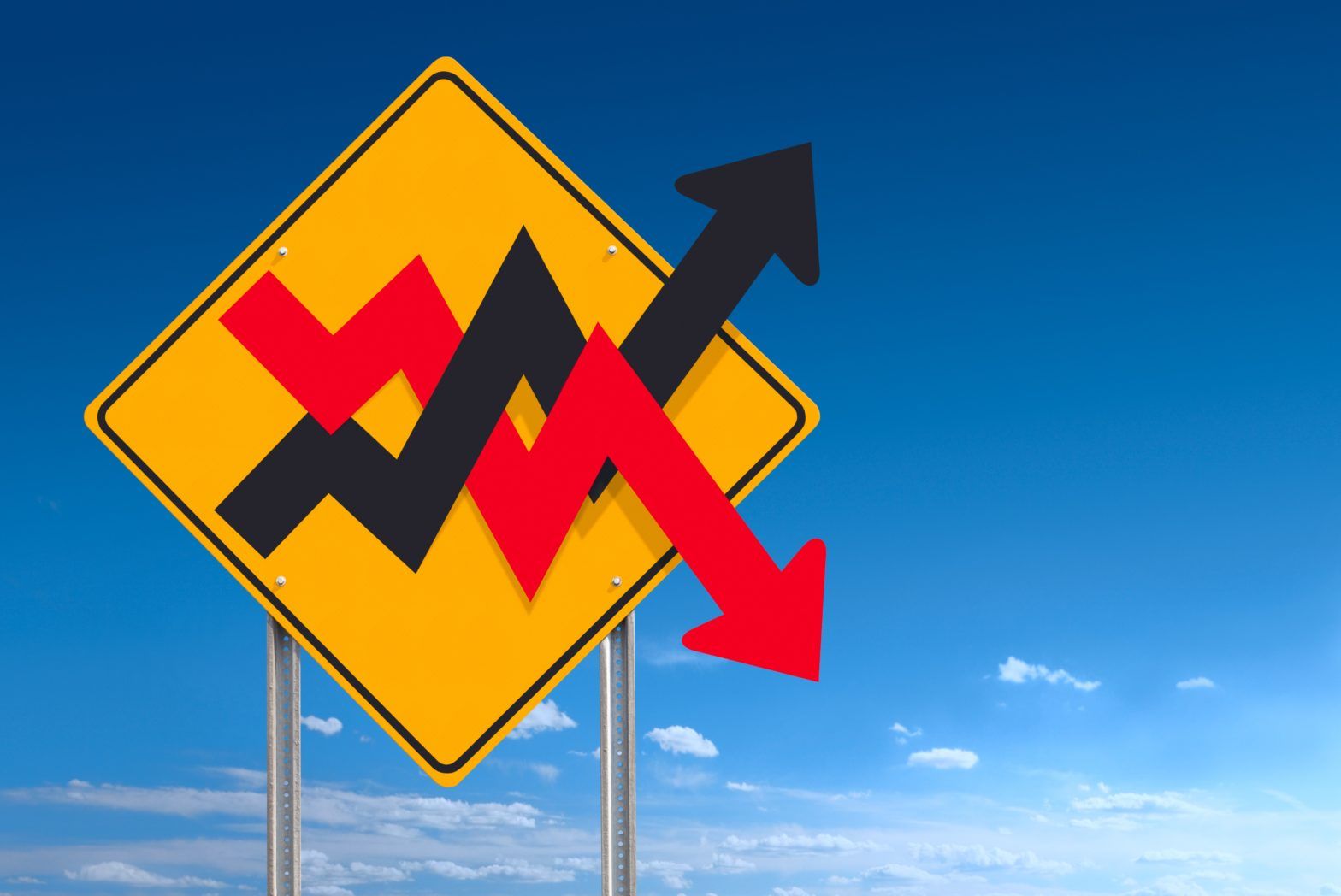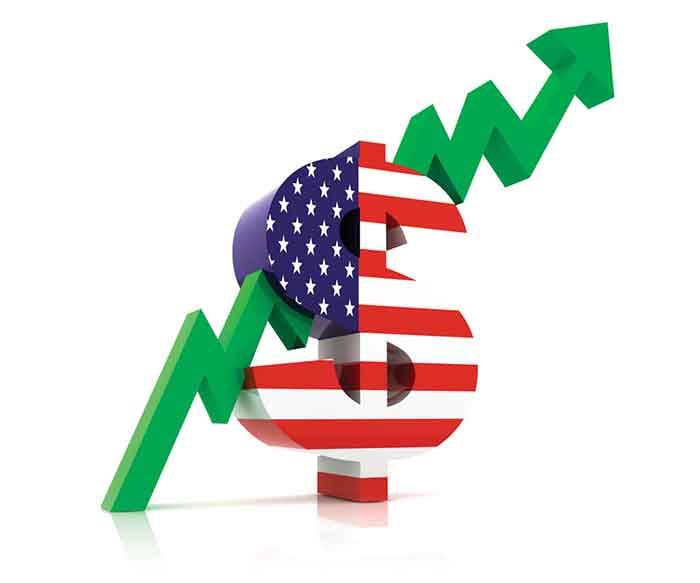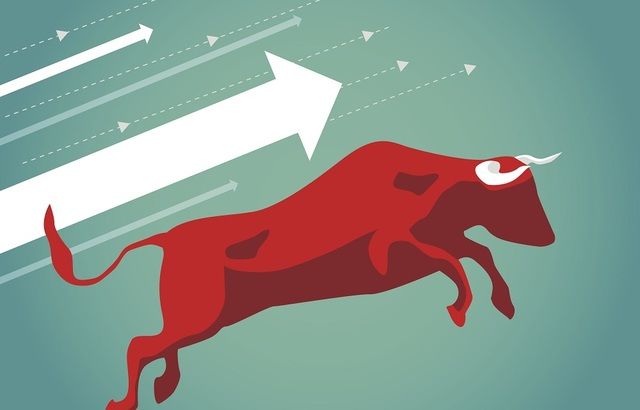ESG investment in Europe a safer bet during volatile times
ESG portfolios can offer potential risk mitigation during times of market volatility

ESG portfolios can offer potential risk mitigation during times of market volatility

H1 2021 was bullish and active funds generally struggled to keep up with their benchmarks, says S&P Global

Apple, Amazon and Microsoft appear in the top 10 stocks for three different factors

The head of global equity at PGIM company Jennison talks volatility, outlooks and opportunities

Renewable energy players could emerge more resilient from the shake up

The end of the QE-led economic cycle means investors may need a more diversified portfolio – with defensive equities such as healthcare, commodities and short-term high-yield bonds – to ensure outperformance as we enter a period of greater uncertainty, according to analysts at Denmark’s Saxo Bank.

Professional fund buyers split on volatility impact on portfolios with 39% viewing volatility as a threat, according to survey

Advisers were on red alert last week after market volatility once again reared its ugly head, but what should they be telling clients?

Volatility is inevitably going to rise from its current all-time low. But that doesn’t necessarily make it a good idea to buy the VIX, the index that tracks the volatility of the S&P 500. There are other ways to make money from volatility trading, however.

It has now been almost two years since we last saw equity or credit markets fall by more than 5%. Investors are sanguine markets will continue their relentless rally for the time being.

The bulk of US Treasuries are owned by the Fed and foreign investors. But this is set to change, and it could have serious consequences.

‘Lower for longer’ has become the typical characterisation of central banks’ interest rate policy. But it could also be applied to volatility, believes Blackrock.